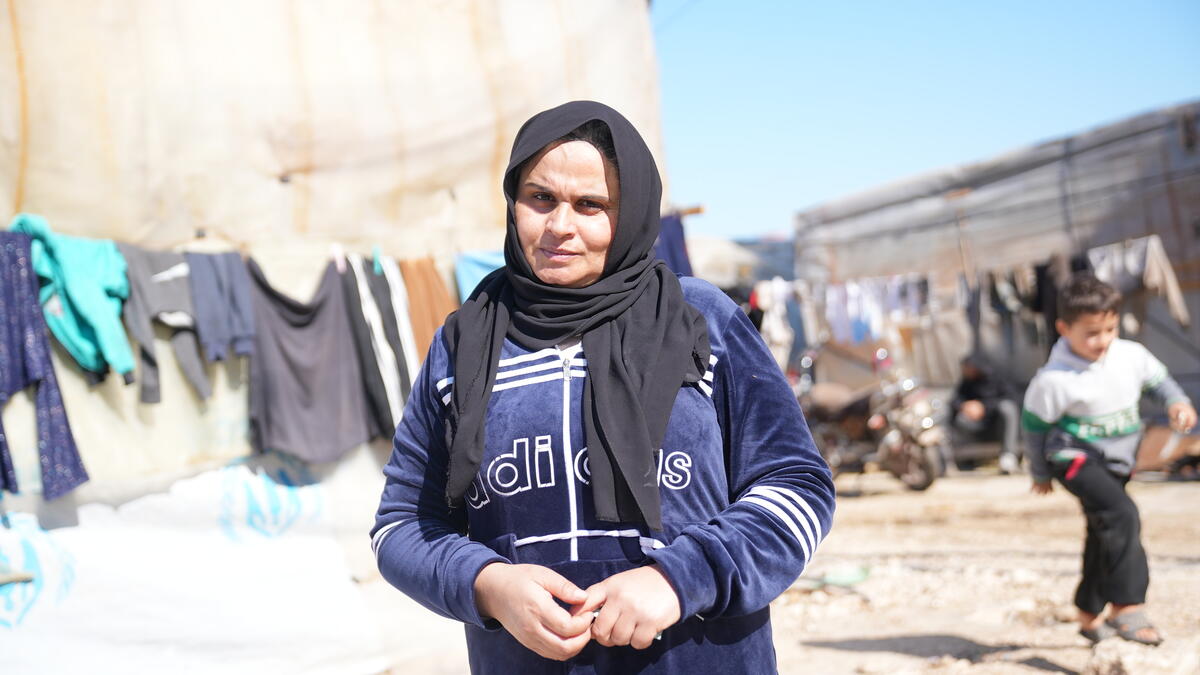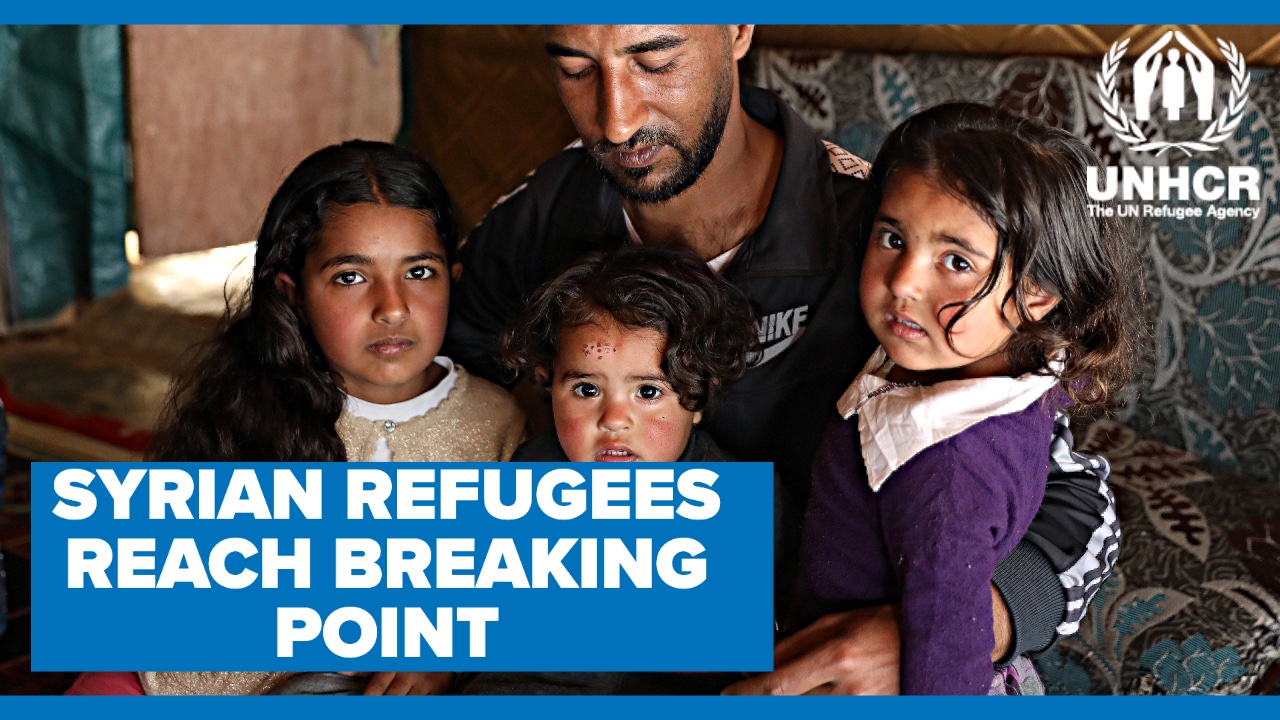UNHCR sees deepening needs among Iraqi refugees even as world interest wanes
UNHCR sees deepening needs among Iraqi refugees even as world interest wanes

BEIRUT, Lebanon, March 30 (UNHCR) - Seven years after the start of the Iraq war, the future of the hundreds of thousands of Iraqi refugees remains shrouded in uncertainty. While much of the world is losing interest in their fate, UNHCR is warning of deepening needs that will take years to resolve.
Most Iraqi refugees see no immediate solution to their plight, unconvinced it is safe to return home. Although conditions in Iraq have improved over the past two years, the situation remains fragile. In recent months, the number returning has been largely offset by new departures from Iraq.
Those who remain in host countries are not allowed to integrate locally and are in a state of legal limbo. With savings used up, the conditions of Iraqi refugees are deteriorating. If the outflow resumed, host countries facing strained resources and dwindling international financial support could close their doors to Iraqi asylum seekers.
"Seven years after the start of the Iraq conflict in March 2003, and hundreds of thousands of Iraqis still are still uncertain about their future and their prospects for return," said Renata Dubini, the head of UNHCR's office in Syria. The agency has registered some 300,000 Iraqi refugees who have approached UNHCR offices in the surrounding countries, while government estimates are far higher.
"Prolonged exile can have a crushing impact on a person's sense of dignity and self-worth. With any savings or resources depleted, many refugees are resorting to negative coping mechanisms in order to survive. Problems like school drop-out, child labour, domestic violence, trafficking and exploitation are on the rise, all of which are difficult to monitor and detect."
UNHCR is seeking US$510 million to fund programmes for Iraqis inside Iraq and in hosting countries this year. The Iraqi refugee population is largest in Syria, with some 220,000 registered with UNHCR. Another 47,000 have been registered with UNHCR in Jordan, while Lebanon hosts 10,000 registered refugees.
"Over the years, we have made considerable progress in terms of providing quality assistance and maintaining the protection space for Iraqis in Syria," said Dubini. "However, vulnerabilities are deepening at a time when the world is losing interest in Iraqi refugees. We count on the continued support of the international community and host governments to care for the hundreds of thousands still in need of our help."
Iraqis fleeing to Jordan, Syria, Lebanon, Egypt and other states are generally poor and need medical care, education, financial aid and protection. Since states hosting the largest number of Iraqi refugees such as Jordan, Syria, and Lebanon are not signatories to the 1951 Convention that defines the rights and obligations of refugees and host countries, refugees are not granted residency and risk detention, exploitation or deportation.
Because refugees cannot legally work and face recent price rises in rent, food, and fuel in host countries, UNHCR is working on reducing the impact and trying to counter homelessness, child labour, school dropouts and early marriage. The number of refugees with special needs is rising. Financial assistance remains essential for families, especially the most vulnerable.
UNHCR Syria has identified some 85,000 Iraqi refugees with special needs, including 10,549 women at risk. In Jordan, UNHCR assists more than 11,000 Iraqi refugees with specific vulnerabilities. In Lebanon, more than 1,600 Iraqis are especially vulnerable.
UNHCR is running a programme of resettlement for Iraqi refugees who are either unable to ever return home or are too vulnerable to remain in their current host countries. So far UNHCR staff have interviewed and referred for resettlement over 93,000 Iraqis, including 66,000 to the United States. The individual resettlement countries then examine the recommended cases, with more than 40,000 Iraqi refugees already starting new lives in third countries.
For the rest, they wait in the host countries, watching developments at home. Inside Iraq, UNHCR tries to monitor the relatively small number who do return and also hopes to improve conditions to allow some of the 1.7 million Iraqis displaced inside their country since 2003 to go home. UNHCR expanded staffing by 50 per cent in 2009 to 150 throughout Iraq.
Over 2,000 Iraqis are estimated to return to Iraq each month but UNHCR's assessment is that conditions for sustainable, large-scale return of Iraqi refugees in conditions of dignity and safety are not yet in place. UNHCR will help those wishing to return but is not advocating that people go home.
With Iraq at a critical stage of its political development following the national elections earlier in March, and with a planned U.S. troop withdrawal by the end of 2011, UNHCR is anxious that the international community maintain support to displaced Iraqis inside and outside the country. The dwindling media interest in Iraqi refugees is not matched by a decline in the scale of the problem.
By Wafa Amr in Beirut, Lebanon






